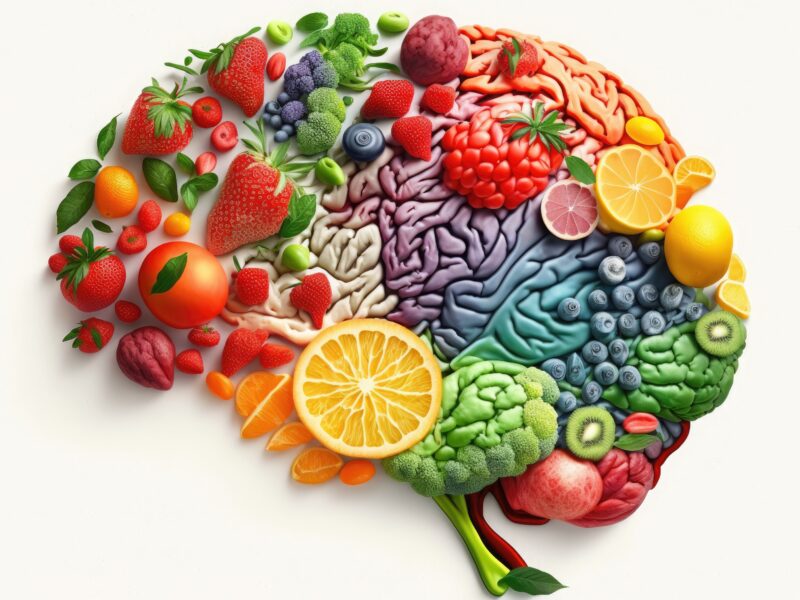Do you ever feel like your mental health is out of your control? While there are many factors that contribute to our mental well-being, research has shown that nutrition plays a significant role. Poor nutrition can contribute to mental health disorders like depression and anxiety, while a healthy diet can support our mood, cognition, and overall mental health. In this post, we’ll take a closer look at the connection between nutrition and mental health, and how you can make dietary changes to support your mental well-being.
Here are some of the ways nutrition can affect our mental health:
The gut-brain connection: Our gut and brain are intimately connected, and research has shown that gut health can have a big impact on our mood and mental health. Eating a diet that supports gut health, with plenty of fiber-rich foods and probiotics, can help support a healthy mood.
Micronutrients: Certain micronutrients, like B vitamins and omega-3 fatty acids, have been linked to improved mood and cognitive function. Eating a diet rich in these nutrients, including leafy greens and nuts, can help support mental health.
Blood sugar regulation: Eating a balanced diet that includes complex carbohydrates, lean protein (plant-focused proteins), and healthy fats can help regulate blood sugar levels and prevent mood swings and fatigue.
Inflammation: Chronic inflammation in the body has been linked to a number of mental health disorders, including depression and anxiety. Eating an anti-inflammatory diet, with plenty of fruits, vegetables, whole grains, and healthy fats, can help reduce inflammation and support mental health.
If you’re struggling with your mental health, making dietary changes can be an important part of your overall treatment plan. Talk to your healthcare provider, a nutritionist, or a registered dietitian about how you can make dietary changes to support your mental well-being.
~Your Neighborhood Health Dealing Nutritionist & Chef~ K



 The Role of Vitamins and Minerals in Maintaining a Healthy Body
The Role of Vitamins and Minerals in Maintaining a Healthy Body

